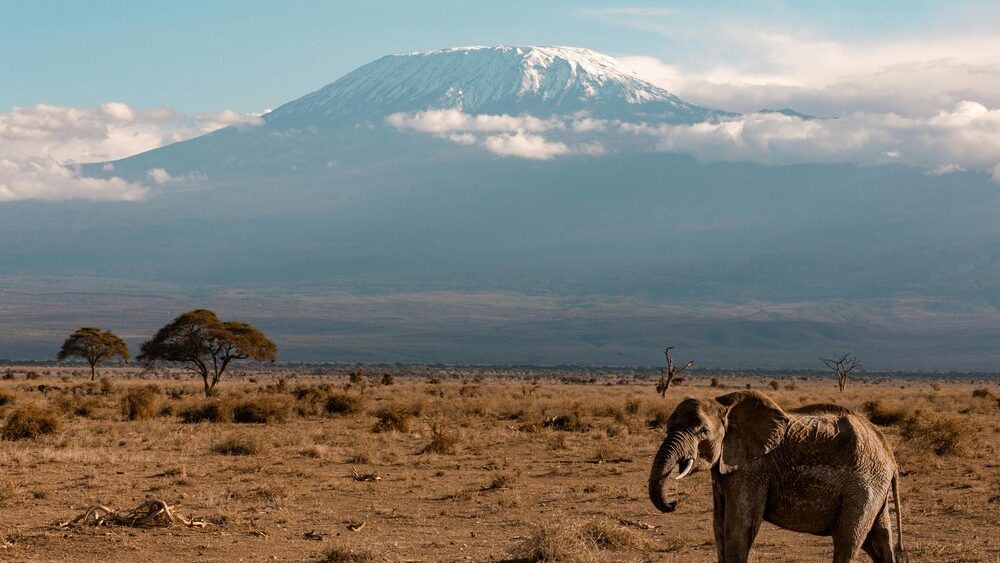
Tanzania is a land of unparalleled diversity, where every journey promises a new story. Picture yourself witnessing the Great Migration in the Serengeti, standing atop Africa’s highest peak at Mount Kilimanjaro, or soaking up the sun on Zanzibar’s idyllic shores. Tanzania’s allure lies not just in its iconic destinations but in its rich cultural traditions and warm hospitality, making every visit a deeply personal experience.
Before embarking on your adventure, it’s crucial to understand Tanzania’s entry requirements. Proper documentation ensures a smooth arrival, allowing you to focus on the unforgettable experiences that await.
Understanding Tanzania’s Entry Requirements
Tanzania’s entry requirements vary based on nationality, purpose of visit, and duration of stay. All visitors must carry a valid passport with at least six months’ validity from the date of entry and at least one blank page for visa stamps. Additional documents, such as proof of onward travel, accommodation details, and evidence of sufficient funds, may also be necessary.
To accommodate international visitors, Tanzania offers several visa options, including electronic visas (eVisas), traditional visas, and visa exemptions for certain nationalities. Selecting the appropriate visa type is crucial for ensuring a smooth travel experience.
Types of Visas for Tanzania
Tanzania eVisa
The Tanzania eVisa is a convenient option for eligible travelers seeking to visit the country for short-term stays. Suitable for purposes such as tourism, business, and family visits, the eVisa streamlines the application process by allowing travelers to apply online.
Applicants are required to upload a passport scan, a recent photo, and other supporting documents depending on the purpose of travel. Upon approval, the eVisa is sent via email, which must be printed and presented upon arrival at the port of entry.
Tanzania Visa on Arrival
Tanzania also offers a Visa on Arrival option for nationals of certain countries. Travelers can apply for this visa upon reaching designated entry points, such as international airports or border crossings. While convenient, this option may involve longer processing times, and travelers must ensure they have the required documents and fees in USD.
Traditional Visas
For extended stays or specialized purposes, such as employment, education, or volunteering, a traditional visa must be obtained through a Tanzanian embassy or consulate before departure. These visas include:
- Tourist Visa: For sightseeing and leisure activities.
- Business Visa: For attending meetings, trade fairs, or professional engagements.
- Student Visa: For academic pursuits in Tanzanian institutions.
- Work Visa: For individuals undertaking employment or professional assignments.
- Transit Visa: For travelers passing through Tanzania en route to another destination.
Who Needs a Tanzania Visa?
Tanzania’s visa policy varies by nationality. Citizens of visa-exempt countries may enter for short stays without requiring a visa, while others must apply for an eVisa or a traditional visa. The eVisa is often the most practical option for eligible visitors, while those with specific needs or long-term plans may require embassy-issued visas.
Ensuring a Seamless Travel Experience
Choosing the right visa type is vital for a stress-free entry to Tanzania. Inadequate preparation or failure to meet entry requirements can result in delays or denied entry. By understanding your eligibility and completing the application process in advance, you can ensure a smooth journey to this remarkable destination.
From its vibrant wildlife to its rich cultural traditions, Tanzania offers travelers an unforgettable experience. By securing the appropriate travel authorization, you’ll be well-prepared to enjoy all that this beautiful country has to offer.

